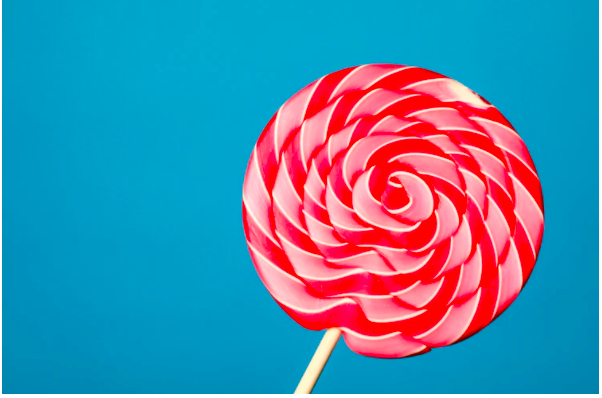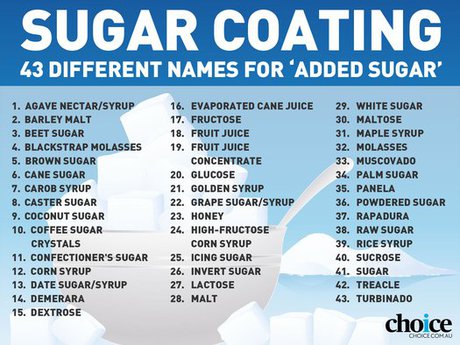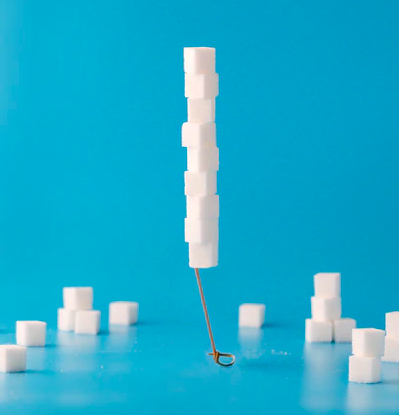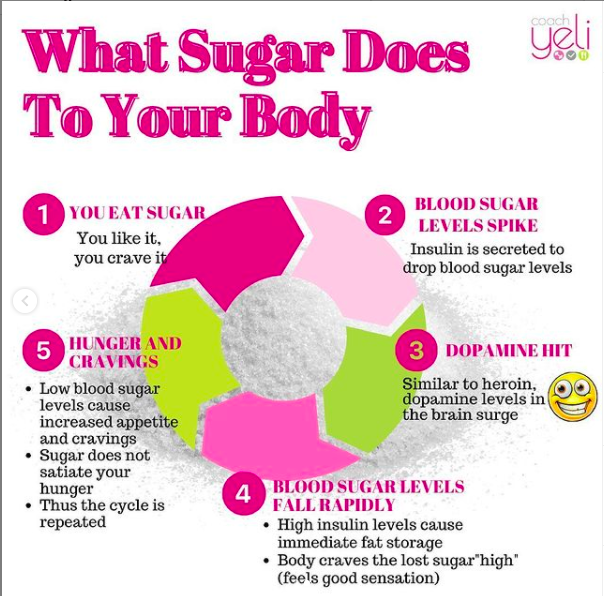Blog
- Lifestyle, Motivation, Nutrition
Sugar addiction or just a sweet tooth?
- Yeli

First things first… what is sugar?
Sugar is a type of carbohydrate and it breaks down in the body to become glucose. There are two categories of sugar found in foods:
- Naturally occurring sugar – like sugar in fruit and milk
- Added sugar – sugar added to foods like pop, baked goods, ice cream and candy
All types of added sugar will affect your blood glucose levels in the same way and are digested in the same way.
Because there are a lot of foods that contain sugar – even if they are salty foods – what we should do is be aware of this and try our best to reduce our sugar intake. We should always check the nutrition labels and especially the ingredients list. For instance, if you see anything that ends in -ose (fructose, lactose, maltose, dextrose….), these are all sugars. See the image below for other names:

Is there evidence for sugar addiction?
We reward children with it over the holidays or for a job well done in school. And we reward ourselves with it after a particularly stressful day or to celebrate a birthday or a special success.
We add sugar to our coffee, bake it into our favorite treats, and spoon it over our breakfast. We love the sweet stuff. We crave it. But are we addicted to it?

Experts say sugar might be as addictive as cocaine. It just so happens that eating sugar releases opioids and dopamine in our bodies, hence the link between added sugar and addictive behavior.
Dopamine is a neurotransmitter that is a key part of the “reward circuit” associated with addictive behavior. When a certain behavior causes an excess release of dopamine, you feel a pleasurable “high” that you are inclined to re-experience, and so repeat the behavior.
As you repeat that behavior more and more, your brain adjusts to release less dopamine. The only way to feel the same “high” as before is to repeat the behavior in increasing amounts and frequency.

Sugar activates the opiate receptors in our brain and affects the reward center, which leads to compulsive behavior, despite the negative consequences like weight gain, headaches, hormone imbalances, and more.
Every time we eat sweets, we are reinforcing those neuropathways, causing the brain to become increasingly hardwired to crave sugar, building up a tolerance like any other drug.
Though it would be unrealistic to think you will be able to completely ‘quit’ sugar, how about we make an effort to reduce its consumption a bit?
